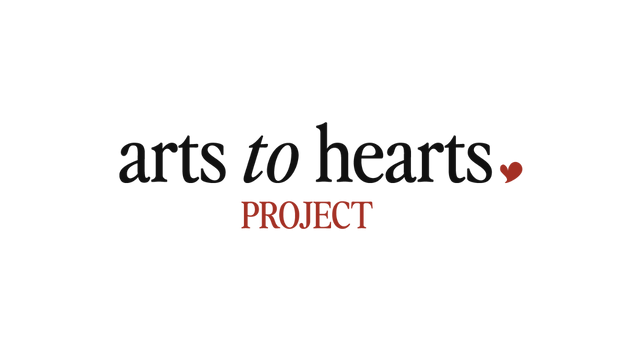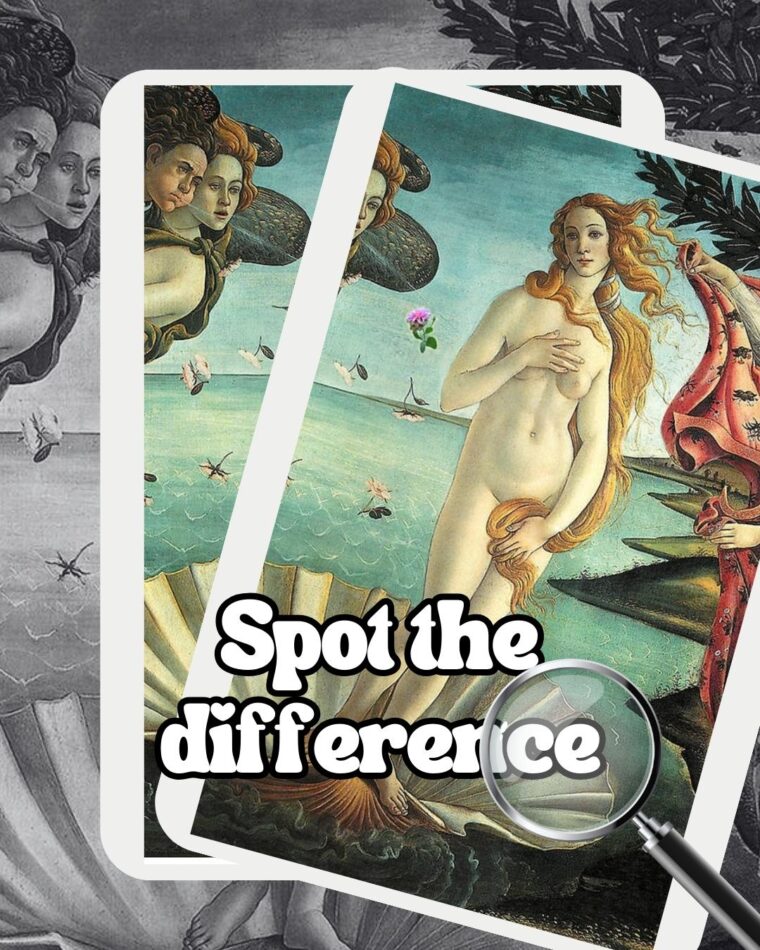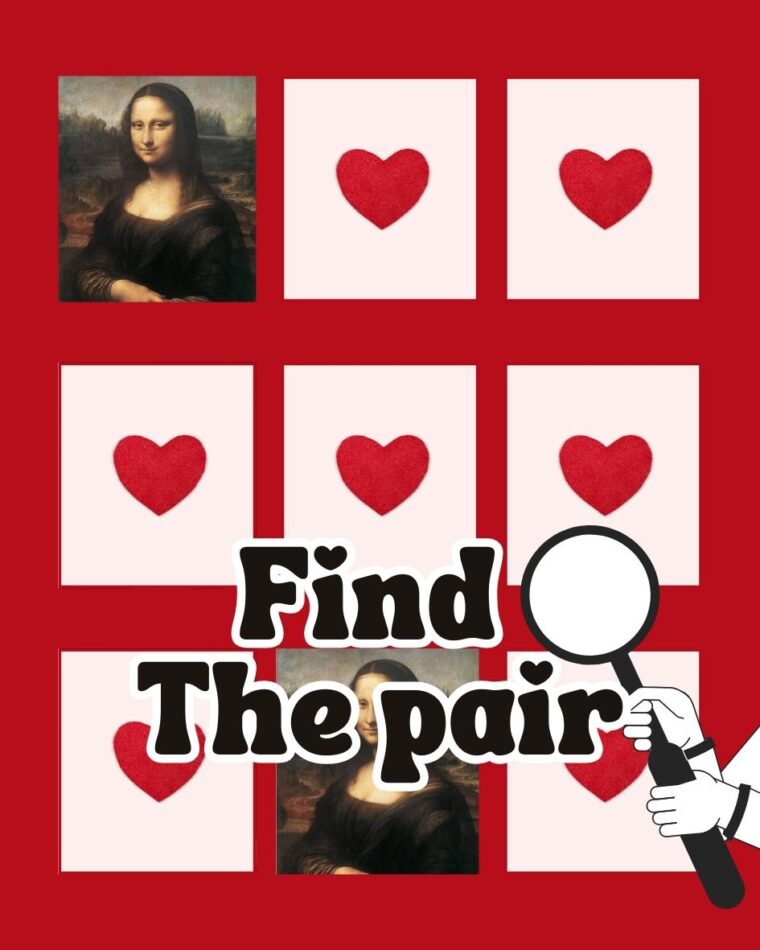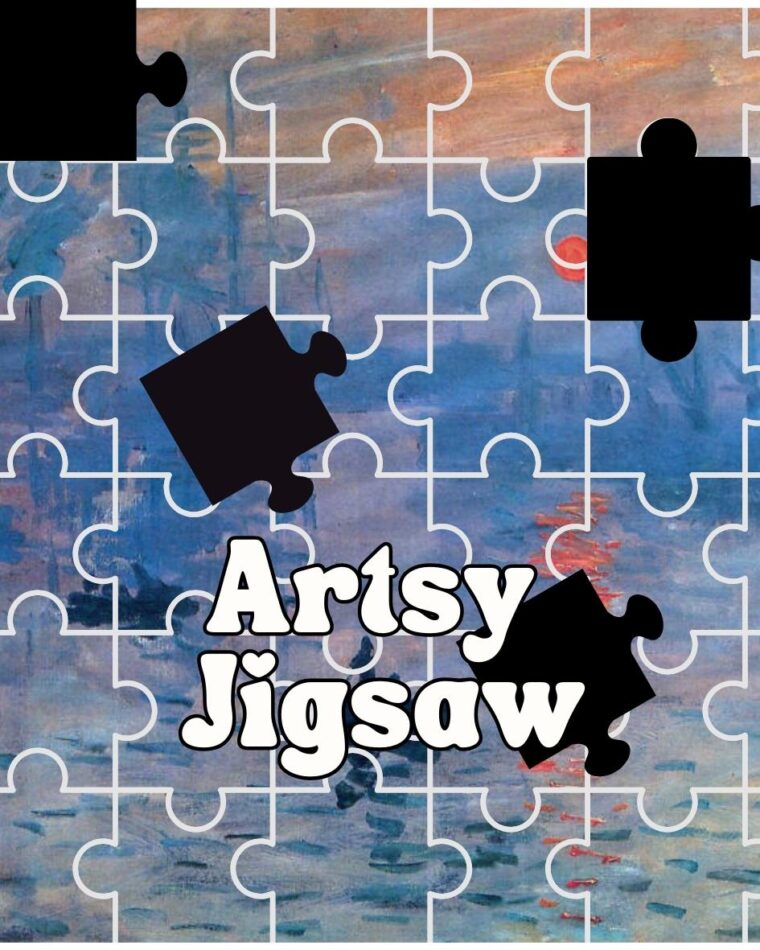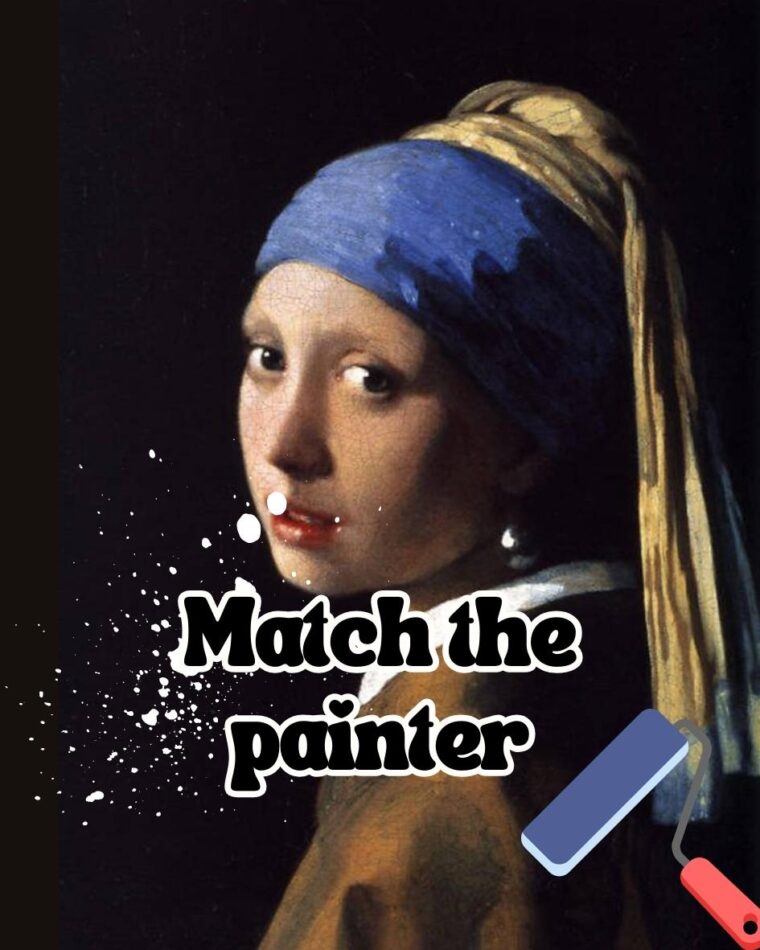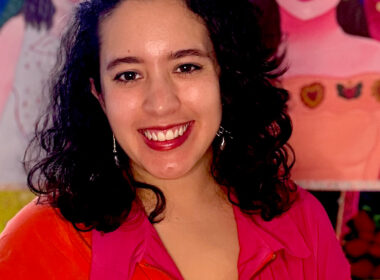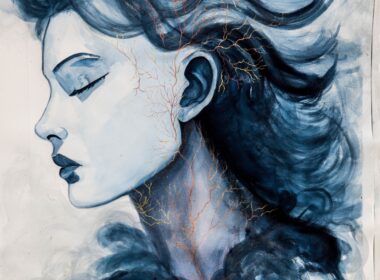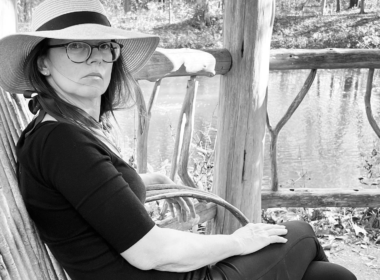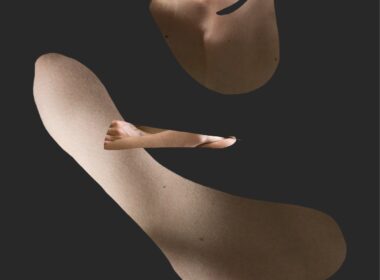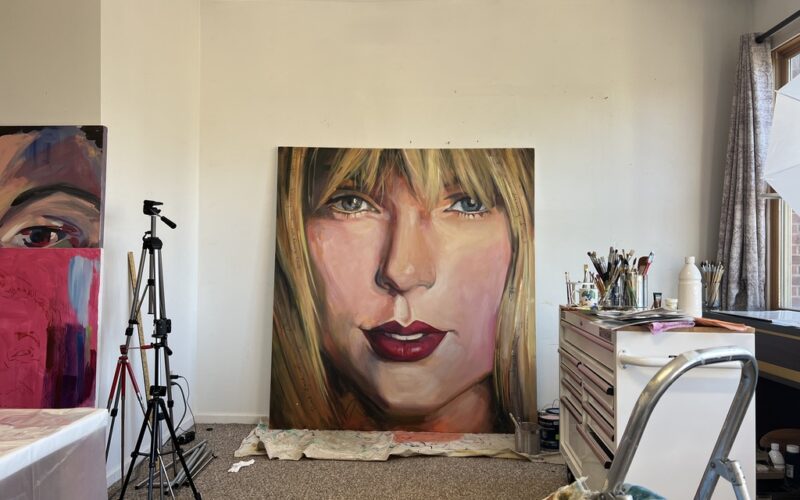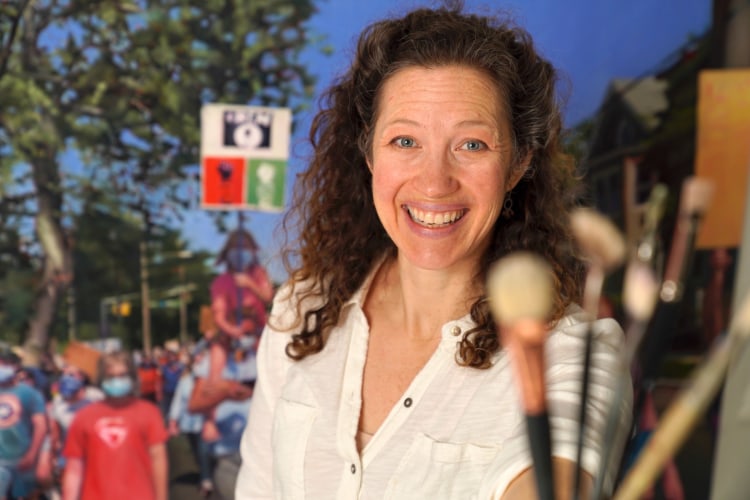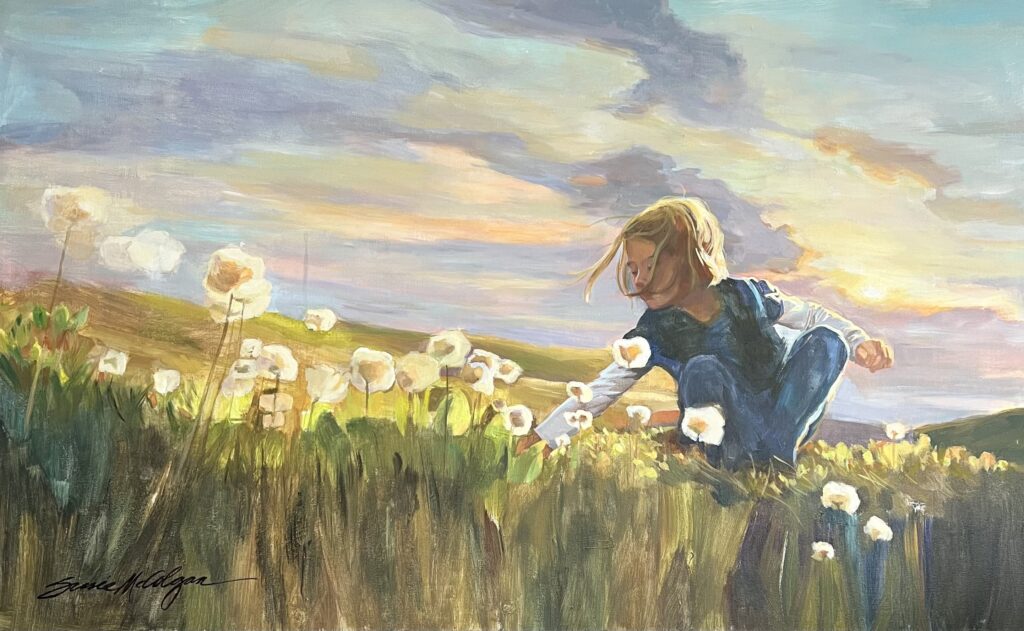
Artist Elizabeth Gorcey on Painting the Unseen Sorrows of Humanity
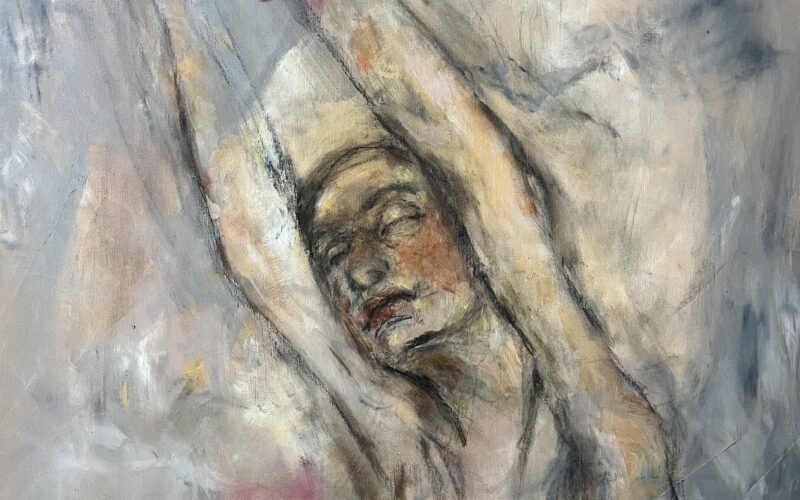

👁 32 Views
Elizabeth Gorcey is a multi-talented artist, actress, director, producer, painter, and author. In this interview, Elizabeth talks about her passion for capturing the human experience through various art forms, from her award-winning films to her evocative paintings. She reflects on how her childhood experiences and personal losses have influenced her creative journey and expression. She also opens up about her commitment to authenticity, love for exploring emotions, and advice to young women aspiring to make their mark in the arts.
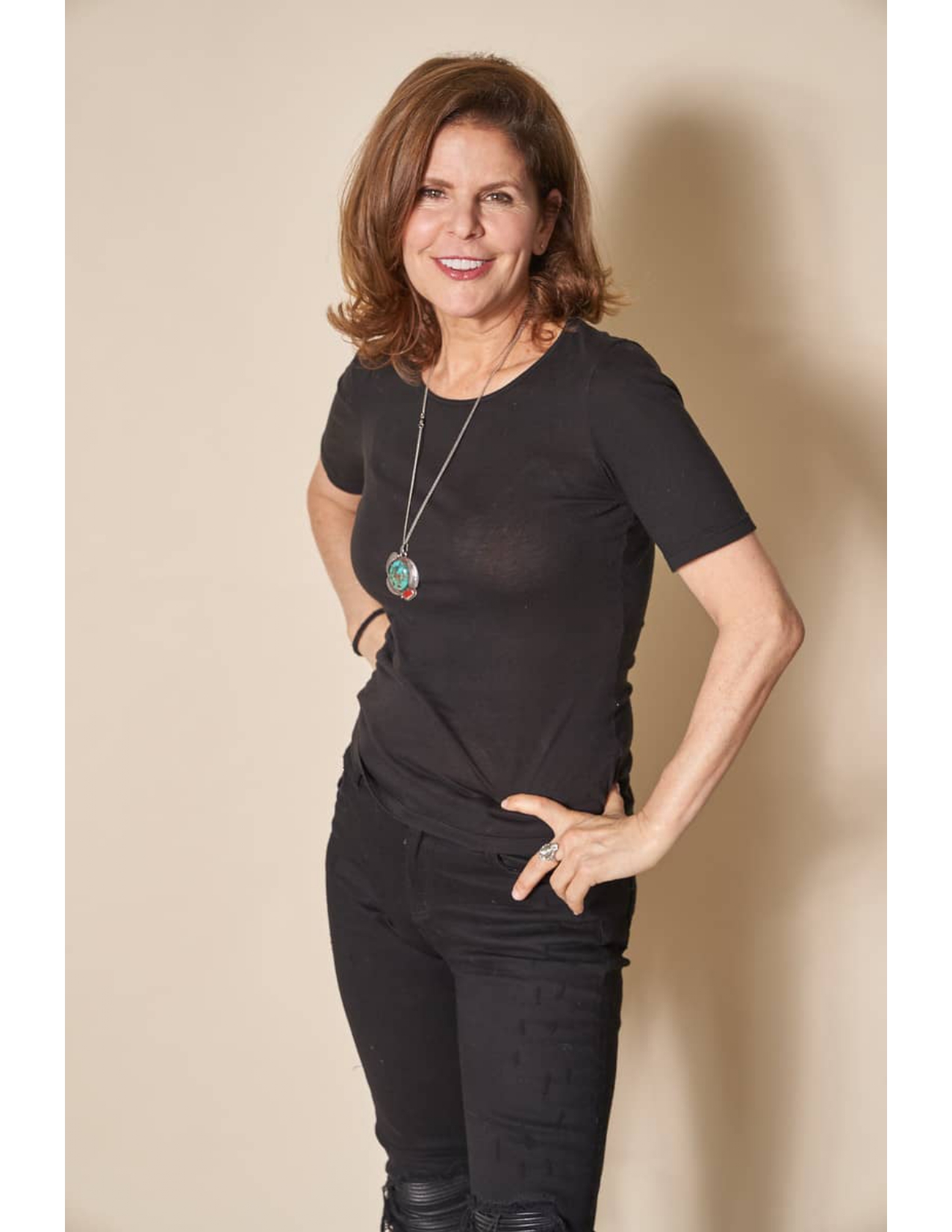
Elizabeth Gorcey has devoted her life to pursuing art that intrigues her, stories that compel her, and the elevation of authentic voices that must be heard. Her dedication has allowed Elizabeth to discover and pursue her creativity and talents while inspiring others to do the same. Elizabeth has extensive experience working as an actress, director, and producer in the cinematic field. She used this knowledge in her fight to create documentary-style films that shed light on the stories of the unnoticed and the unheard. By boldly exploring socially taboo topics like aging and disability, she translated the lives of others into compelling films. Elizabeth’s creative endeavors won awards and advocated for individuals and communities the world had pushed aside.
Elizabeth became a painter when she was a little girl—winning an award at 10 for her watercolor “Chinese Tea Pot,” displayed in the New Jersey State Museum. She is mainly self-taught. However, she is currently inspired and studying at Zhenya Art Academy. Recent exhibitions, including New York, Portland, Los Angeles, and Canada, have revealed her talents to a new audience of private collectors and institutions. This committed actress, director, producer, painter, and author’s passion urges us to express ourselves authentically as she does. Put simply by Elizabeth herself, “Creating is nourishment for my soul.”
She is fascinated with the ‘human condition’ that everyone is a part of, particularly how each person experiences and sees themselves, others, and the world on their collective journey. As a child, she was very sensitive and empathic. She would feel things deeply and sometimes imagine she knew how those around her thought. Her sensitive and creative mind felt the weight of humanity—seeing all the highs, lows, anxieties, and triumphs overlapping and bleeding into her own experiences. At that age, she didn’t know how to process what she felt, but as an adult, she worked through what she saw on her canvas. She paints because she must.
Looking around and seeing what’s happening in the world today breaks her heart for humanity and propels her to paint. She feels the pain, sorrow, and discontent of so many souls. She hopes that people who view her paintings recognize a piece of their humanity and know they are being seen.
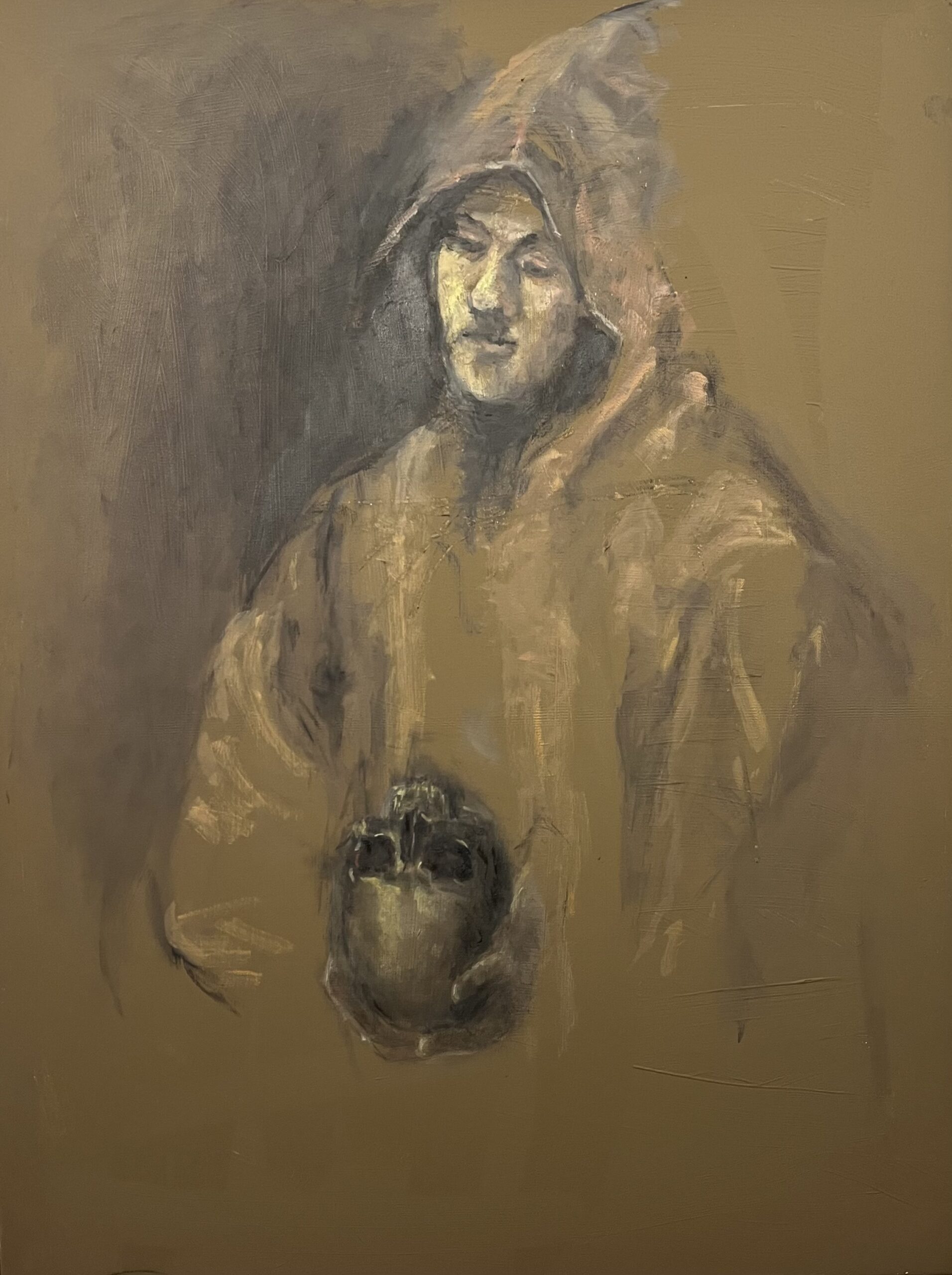
1. Elizabeth, your paintings deeply explore the ‘human condition’ and reflect your sensitivity and empathy. Can you share a moment from your childhood that influenced your art?
I would say the sudden death of my brother in an automobile accident changed my life in so many ways. I saw the pain and sorrow that my parents went through. I felt what it was like to have a tragedy and the loss of a loved one. I felt the need to help and take over stuff that my brother did for my parents so their loss wouldn’t be as great. I wanted so very much to help. I realized that this event in life is part of the ‘ human condition.’ And no matter my social class or how much money I had. I had or whom I knew, and everything didn’t matter.
Elizabeth Gorcey
I am fascinated with the ‘human condition’ that we are all a part of; more specifically with how each of us experiences and sees ourselves, each other and the world on our collective journey.
2. Your work captures many souls’ pain, sorrow, and discontent. How do you handle and express such strong feelings in your paintings?
For me, painting is the only real form of expression that releases those strong feelings. It’s a very safe zone to explore and express. I used to act in movies, which was a great form of expression; however, sometimes, the characters weren’t very deep. In painting, I can go to so many places. I can see a performance by a dancer or singer and feel that pure joy, and I put that into my work. Looking around today’s world with wars, homelessness, and frightened humans in despair, I, too, feel this and put that into my work. I love going to museums and seeing the works of great artists, and I find that inspiring.
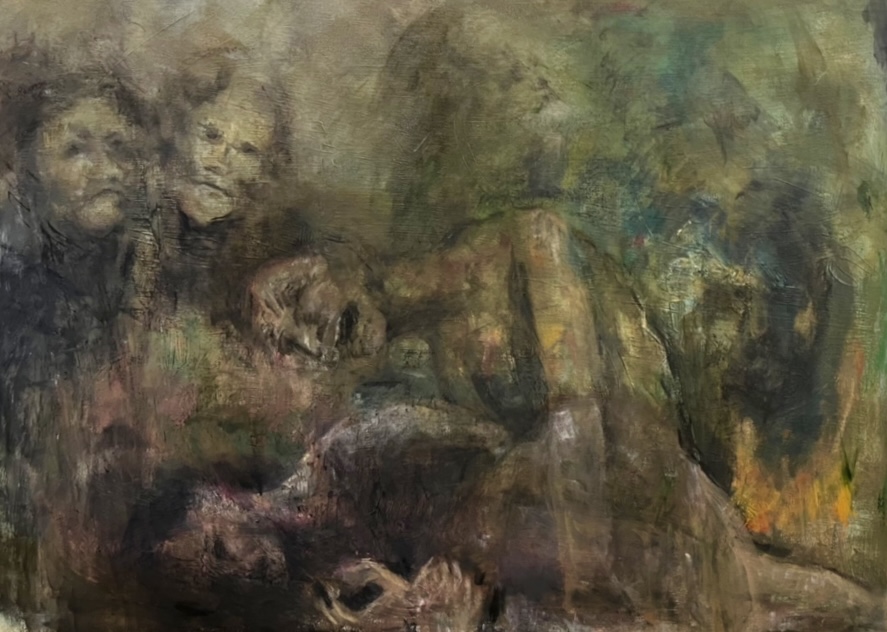
3. You’ve received numerous awards and recognitions recently. How do these recognitions affect your art and inspire you to keep creating?
Sometimes, when I’m painting, I don’t know where I’m going – that’s most of the time! And I love this process -being in the moment and allowing the canvas to guide me. But after, I might look at what I painted and say, “That’s weird,” judge my work. However, the recognition has given me more confidence to express myself and go on that journey of discovery. When I was younger, I would plan to paint beautiful flowers or a dog, but today, that planning isn’t my process. I want to go into uncharted territories and surprise myself.
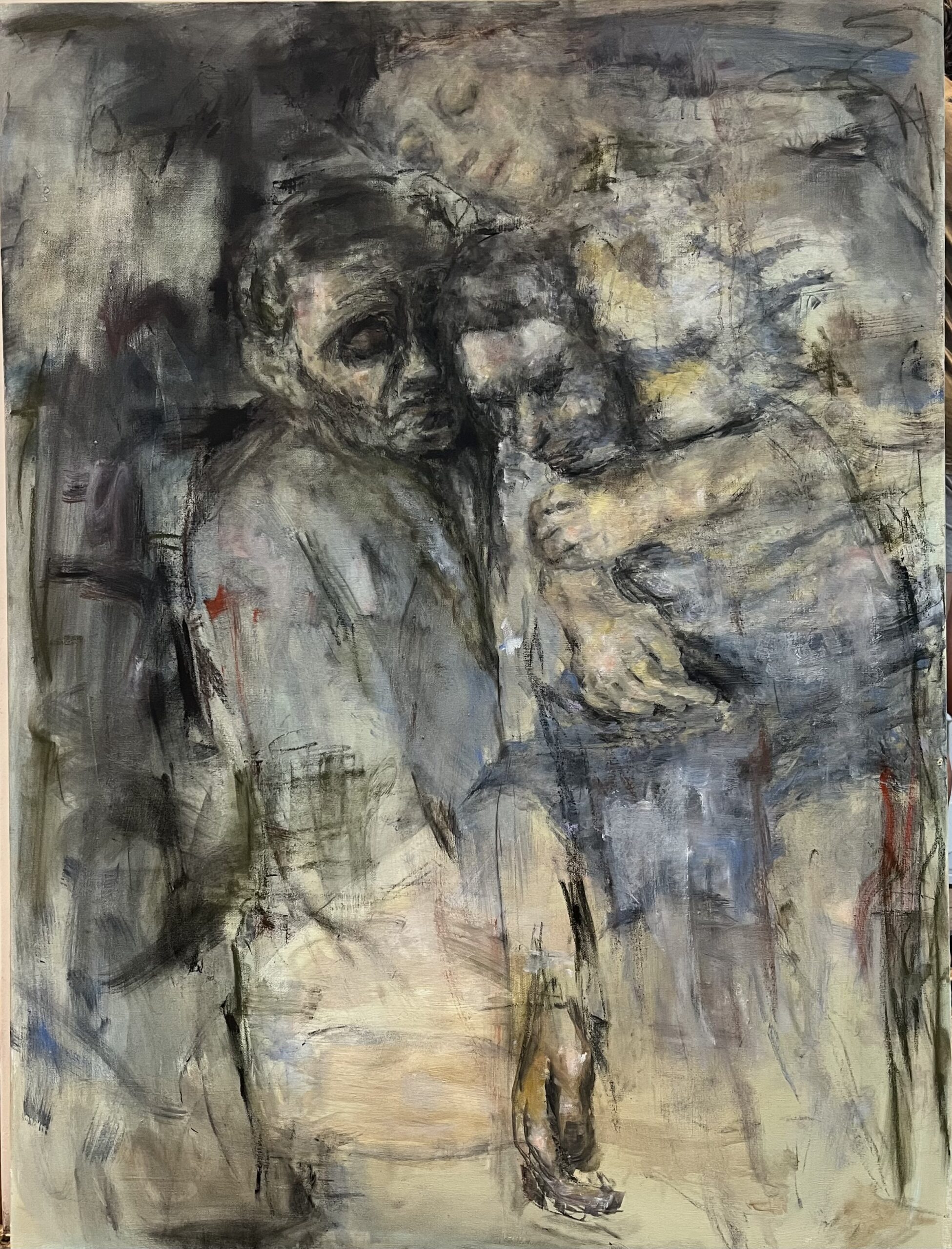
4. With your extensive experience in the cinematic field, how has being an actress, director, and producer influenced your approach to painting and storytelling through visual art?
I love the cinematic field. I love acting, directing, and producing. Again, all these areas, as well as painting, are wonderful forms of expression and art. I feel art can change lives and help our society. As a director and actor, I always dig deep into the story and character. That influenced me as a painter to go deep into what I’m painting. Find the emotions and come up with creative ways to paint them. I often paint over my paintings. I like this cause it gives my work a more layered feeling. I use my fingers and sometimes palette knives to convey the emotions. As an actress, I would use my life experiences or those of others to feel the character I was playing. All art is interchangeable. I would suggest to everyone and anyone to create. It’s very healing.
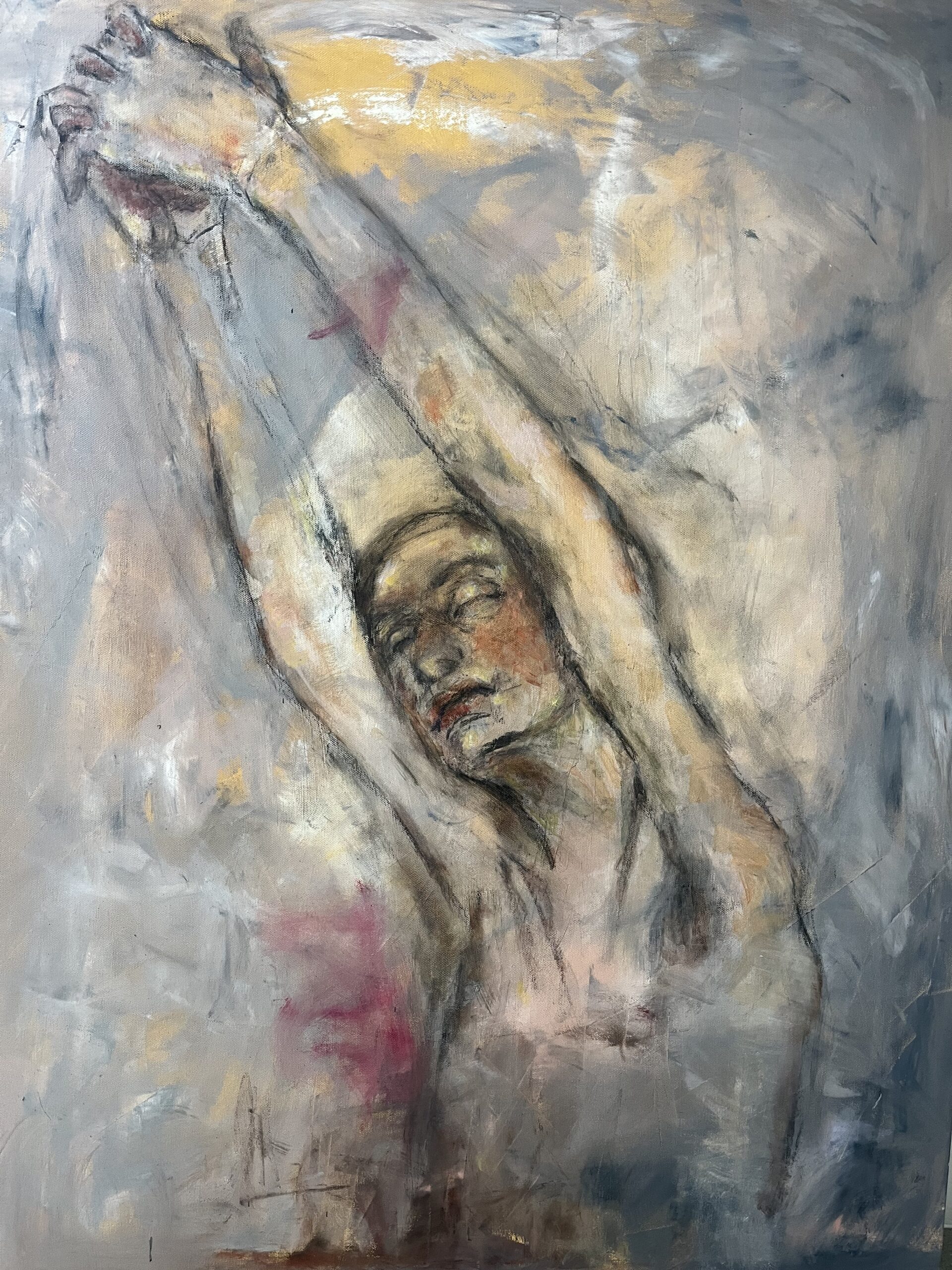
I feel the pain, sorrow and discontent of so many souls. I hope that people who view my paintings recognize a piece of their own humanity and know they are being seen.
Elizabeth Gorcey
5. As someone who has excelled in various creative fields, what advice would you give to young women who aspire to make a mark in the arts, whether painting, filmmaking, or writing?
I would tell a young person to do what makes their heart sing.. They need to have courage and listen to their inner voice, not all the chattering of people around them. To have the confidence to put out whatever they choose to create in the world and don’t worry if there’s rejection- keep doing what you love. Don’t let the fears of reality get in the way..
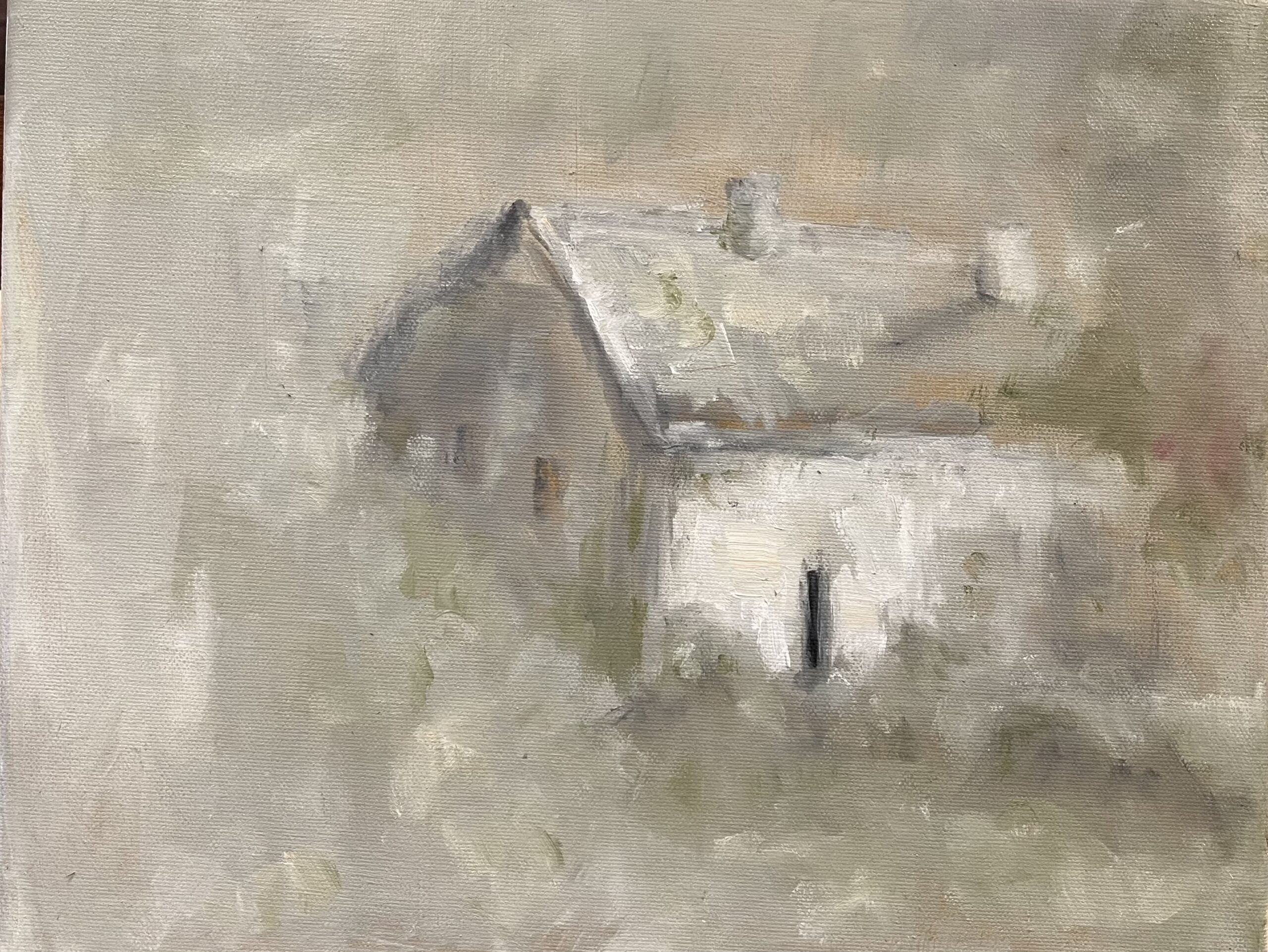
Elizabeth Gorcey’s diverse creative journey—from acting and directing to painting and writing—reminds us of the power of being true to ourselves. Her story, filled with successes and challenges, highlights the importance of being brave, empathetic, and open in our creative pursuits. To learn more about Elizabeth, click the following links to visit her profile.

